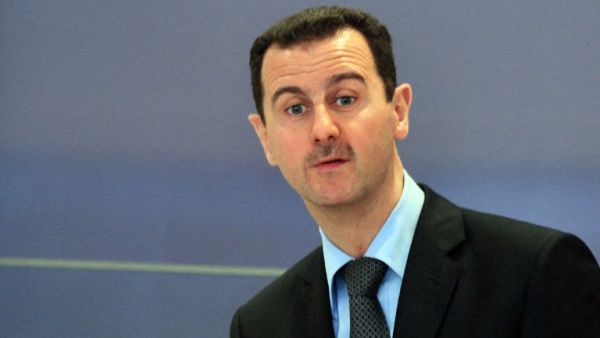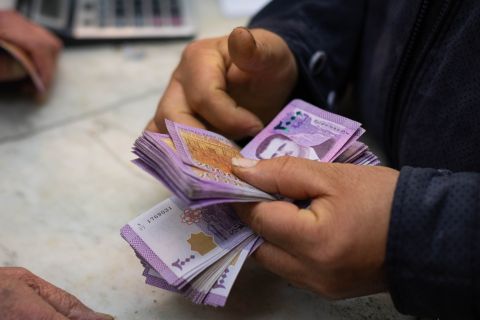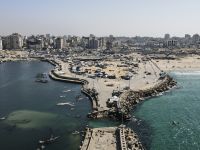ALBAWABA - Because of strong geopolitical ties and legal loopholes, former Syrian President Bashar al-Assad escaped punishment throughout his tenure. The Rome Statute, which regulates the International Criminal Court (ICC), has jurisdictional limitations since Syria is not a signatory to it.
Syria would have to agree to the ICC's jurisdiction in order for it to take action, or the UN Security Council (UNSC) would have to refer the matter. But similar attempts have been thwarted by Russia's vetoes.
According to legal expert Oralli, the security threats and instability under Assad's rule made it almost difficult to gather evidence. But since Assad's overthrow, chances for international prosecution have surfaced. His government has been charged with crimes against humanity, including as the use of chemical weapons, torture, and mass murder.
Shield of Geopolitics
Kabawat claims that Assad was shielded throughout his administration by his ties to Iran and Russia. The UNSC vetoed attempts to indict him as a result of these relationships. According to Abdulghani, legal action is now more feasible because of Assad's downfall.
Routes to Fairness
Syria is one of the non-member states that may give the ICC jurisdiction under Article 12(3) of the Rome Statute. The prosecution of Assad could be made possible by a new Syrian administration. Assad may also be tried in special courts or under universal jurisdiction, which permits governments to bring charges of crimes against humanity wherever they may be.
Challenges and Precedents
The prosecution of former leaders is modeled after the trials of Charles Taylor of Liberia and Slobodan Milošević of Serbia. Oralli underlined that proof from torture facilities and mass graves might provide compelling evidence against Assad.
However, extradition of criminals depends on state cooperation, and international proceedings might take years. Holding Assad responsible is essential for justice, peacemaking, and Syria's reconstruction, Kabawat said.
Prospects for the Future
Russia and other erstwhile friends of Assad are unlikely to continue to support him, Abdulghani said. "Assad is now a liability, and it might be in their best interests to extradite him," he said. Kabawat highlighted that prosecuting Assad would bring justice to victims, strengthen accountability, and lay the foundation for peace and reconstruction in Syria.










